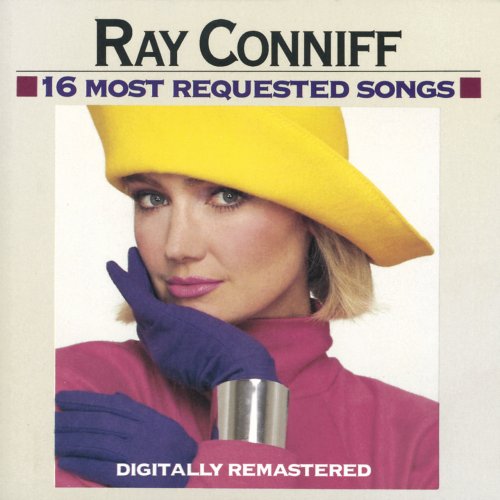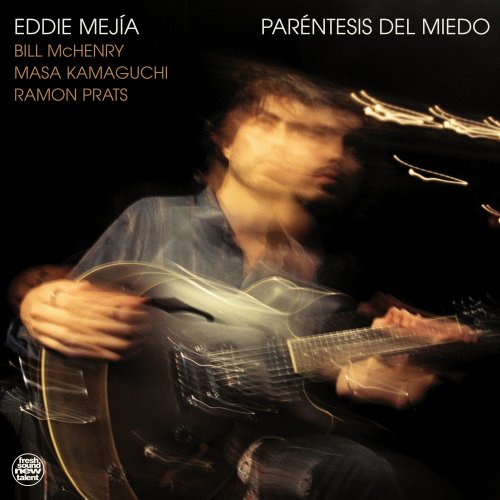Krill - Alam No Hris (10th Anniversary Reissue) (2022) Hi-Res
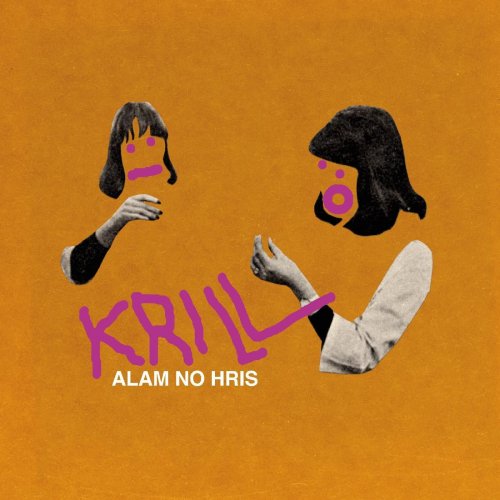
Artist: Krill
Title: Alam No Hris
Year Of Release: 2012 / 2022
Label: Sipsman / Sren
Genre: Indie Pop, Indie Rock, Lo-Fi
Quality: 320 / FLAC (tracks) / FLAC (tracks) 24bit-48kHz
Total Time: 39:47
Total Size: 92 / 256 / 482 Mb
WebSite: Album Preview
Tracklist: Title: Alam No Hris
Year Of Release: 2012 / 2022
Label: Sipsman / Sren
Genre: Indie Pop, Indie Rock, Lo-Fi
Quality: 320 / FLAC (tracks) / FLAC (tracks) 24bit-48kHz
Total Time: 39:47
Total Size: 92 / 256 / 482 Mb
WebSite: Album Preview
01. Dumbass In A Pair Of Shorts (2:57)
02. Piranha Girl (3:04)
03. 32 Teeth (3:37)
04. Kyle (2:49)
05. Solitaire (4:29)
06. Slug (2:21)
07. Kissipaw (1:53)
08. I Am The Cherry (2:54)
09. Sick Dogs (For Jake) (2:20)
10. Self-Hate Will Be The Death Of Youth Culture (3:00)
11. Wet Dog (3:21)
12. Coolant (3:01)
13. Maximal Being (4:02)
Remastered for its 10th anniversary, the debut album from the cult Boston DIY trio is the sound of racing thoughts spiraling into numbness—and the restorative power of connection.
When then-defunct Boston rock trio Krill formed the new band Knot in 2020, singer-bassist Jonah Furman was afforded the space to reflect on what differentiated the two projects. In doing so, he set the record straight on his beloved band after years of misinterpretation as weird, cheese-addled slacker rock. “When I was 20, I thought that making art was an important part of making a better world,” he said. “[Krill] was very much about ethics and morality. One’s moral responsibilities to oneself and to other people, and trying to be in conversation with other ethical art or moral art.” It’s a serious theme for an often playful band: Krill wrote songs about poop and squirrels and peanut butter. But if two rocks with googly eyes made you cry in a movie theater, then hearing a twig have a philosophical conversation with a blade of grass probably will, too.
Krill songs were so emotionally invested and logically overwrought that they became detached, a songwriting style introduced on Alam No Hris, their 2012 debut. Recorded in the band’s Somerville basement over two years and newly remastered by Julian Fader to celebrate its 10th anniversary, Alam No Hris is the sound of a muggy house show spilling over capacity. It’s scuzzy grunge pop tracked live and sprinkled with mistakes (a guitar unplugs during the bridge of “I Am the Cherry,” the metal riff on “Slug” occasionally lags) that capture the thrill of watching Krill in person. There’s personality in the way each member of the original lineup performs here: Furman uses a pitch-shift pedal passed down from his college video art professor to give his bass a rubbery, wobbling effect, like slime being stretched; guitarist Aaron Ratoff strums with a wiry, discordant tone, whether he’s playing chords or picking out melodies; Luke Pyenson drums hard enough to make heads bob, but works in deft fills that lighten the overall sound.
If Krill was a way to knead out ethical quandaries, then Alam No Hris marks the band’s loosest, most ecstatic approach to the subject. Later albums Lucky Leaves and A Distant Fist Unclenching contemplated what we owe to our community, to those we love, and to ourselves; Alam No Hris peers through the ingenuous lens of young adulthood to understand how to be a decent human in the first place. This often takes the form of actions: shaking off problems (“Wet Dog”), admitting first-love butterflies (“Piranha Girl”), and returning acts of tenderness (“Kissipaw”). Furman’s strongest lyrical moments come when he wades into his own mind in a private push for self-improvement. On “Coolant,” he runs in circles trying to determine who, if anyone, he’s beholden to: his parents, his own choices, God, the sun? During “Self-Hate Will Be the Death of Youth Culture,” he laments how misanthropy feeds into conceit, repeating the titular phrase as equal parts declaration and warning. As if he’s nervous and three beers deep at karaoke, Furman’s voice is routinely off-key and anxious, wavering between a mumble and a shout—a performance style he heard legitimized in Neutral Milk Hotel’s “Two-Headed Boy.” The combined effect makes it seem like he’s only just remembering the words at the moment they’re sung. In his hands, what should sound grating or unprofessional becomes urgent and sincere.
These are the meaningful trivialities that helped Krill amass a cult following before their dissolution in 2015. Arguably no song from Alam No Hris drove home that intricate simplicity as succinctly as “Solitaire.” Reflecting on the end of a relationship, Furman narrates his loneliness and all the shapes it takes: playing games alone, romanticizing past conversations, cringing so hard at himself that he falls in love all over again. Even writing “Solitaire” is “just a distraction,” he admits, criticizing himself as a “weakness, doofus, champion of nothing, just colossal time-waster.” Likening his soul to an apple core (a recurring motif in Krill’s music), Furman finally unearths a vulnerable reprieve and sinks the hook: “Put on some Arthur Russell, see how fast I change/It’s embarrassing.” Ratoff and Pyenson crash into the frame with synchronized downbeats, delivering a breakdown that emphasizes the intensity of Furman’s revelation. It’s an ode to burrowing so deep inside your own depression that you start to feel okay again—the song where Krill fans find the same relief that Furman does in the music of Arthur Russell.
Perhaps most impressively, Alam No Hris presents Krill as a band committed to everyday philosophy and ethics without navel-gazing. With no producer or high-tech recording equipment, it’s raw and loud, the sound of racing thoughts spiraling into numbness only to dip back into the moments—dropping the needle on a favorite album, finding a strand of your partner’s hair, letting a dog lick your palm—that make you feel like you’re actually living again. Furman once described songwriting as “kind of like we’re playing a board game, and you just keep playing, but it’s not even clear what you’re trying to win.” Alam No Hris may not offer tidy endings, but the process of searching earnestly, without preaching or pedantry, is its own much-needed answer.
When then-defunct Boston rock trio Krill formed the new band Knot in 2020, singer-bassist Jonah Furman was afforded the space to reflect on what differentiated the two projects. In doing so, he set the record straight on his beloved band after years of misinterpretation as weird, cheese-addled slacker rock. “When I was 20, I thought that making art was an important part of making a better world,” he said. “[Krill] was very much about ethics and morality. One’s moral responsibilities to oneself and to other people, and trying to be in conversation with other ethical art or moral art.” It’s a serious theme for an often playful band: Krill wrote songs about poop and squirrels and peanut butter. But if two rocks with googly eyes made you cry in a movie theater, then hearing a twig have a philosophical conversation with a blade of grass probably will, too.
Krill songs were so emotionally invested and logically overwrought that they became detached, a songwriting style introduced on Alam No Hris, their 2012 debut. Recorded in the band’s Somerville basement over two years and newly remastered by Julian Fader to celebrate its 10th anniversary, Alam No Hris is the sound of a muggy house show spilling over capacity. It’s scuzzy grunge pop tracked live and sprinkled with mistakes (a guitar unplugs during the bridge of “I Am the Cherry,” the metal riff on “Slug” occasionally lags) that capture the thrill of watching Krill in person. There’s personality in the way each member of the original lineup performs here: Furman uses a pitch-shift pedal passed down from his college video art professor to give his bass a rubbery, wobbling effect, like slime being stretched; guitarist Aaron Ratoff strums with a wiry, discordant tone, whether he’s playing chords or picking out melodies; Luke Pyenson drums hard enough to make heads bob, but works in deft fills that lighten the overall sound.
If Krill was a way to knead out ethical quandaries, then Alam No Hris marks the band’s loosest, most ecstatic approach to the subject. Later albums Lucky Leaves and A Distant Fist Unclenching contemplated what we owe to our community, to those we love, and to ourselves; Alam No Hris peers through the ingenuous lens of young adulthood to understand how to be a decent human in the first place. This often takes the form of actions: shaking off problems (“Wet Dog”), admitting first-love butterflies (“Piranha Girl”), and returning acts of tenderness (“Kissipaw”). Furman’s strongest lyrical moments come when he wades into his own mind in a private push for self-improvement. On “Coolant,” he runs in circles trying to determine who, if anyone, he’s beholden to: his parents, his own choices, God, the sun? During “Self-Hate Will Be the Death of Youth Culture,” he laments how misanthropy feeds into conceit, repeating the titular phrase as equal parts declaration and warning. As if he’s nervous and three beers deep at karaoke, Furman’s voice is routinely off-key and anxious, wavering between a mumble and a shout—a performance style he heard legitimized in Neutral Milk Hotel’s “Two-Headed Boy.” The combined effect makes it seem like he’s only just remembering the words at the moment they’re sung. In his hands, what should sound grating or unprofessional becomes urgent and sincere.
These are the meaningful trivialities that helped Krill amass a cult following before their dissolution in 2015. Arguably no song from Alam No Hris drove home that intricate simplicity as succinctly as “Solitaire.” Reflecting on the end of a relationship, Furman narrates his loneliness and all the shapes it takes: playing games alone, romanticizing past conversations, cringing so hard at himself that he falls in love all over again. Even writing “Solitaire” is “just a distraction,” he admits, criticizing himself as a “weakness, doofus, champion of nothing, just colossal time-waster.” Likening his soul to an apple core (a recurring motif in Krill’s music), Furman finally unearths a vulnerable reprieve and sinks the hook: “Put on some Arthur Russell, see how fast I change/It’s embarrassing.” Ratoff and Pyenson crash into the frame with synchronized downbeats, delivering a breakdown that emphasizes the intensity of Furman’s revelation. It’s an ode to burrowing so deep inside your own depression that you start to feel okay again—the song where Krill fans find the same relief that Furman does in the music of Arthur Russell.
Perhaps most impressively, Alam No Hris presents Krill as a band committed to everyday philosophy and ethics without navel-gazing. With no producer or high-tech recording equipment, it’s raw and loud, the sound of racing thoughts spiraling into numbness only to dip back into the moments—dropping the needle on a favorite album, finding a strand of your partner’s hair, letting a dog lick your palm—that make you feel like you’re actually living again. Furman once described songwriting as “kind of like we’re playing a board game, and you just keep playing, but it’s not even clear what you’re trying to win.” Alam No Hris may not offer tidy endings, but the process of searching earnestly, without preaching or pedantry, is its own much-needed answer.
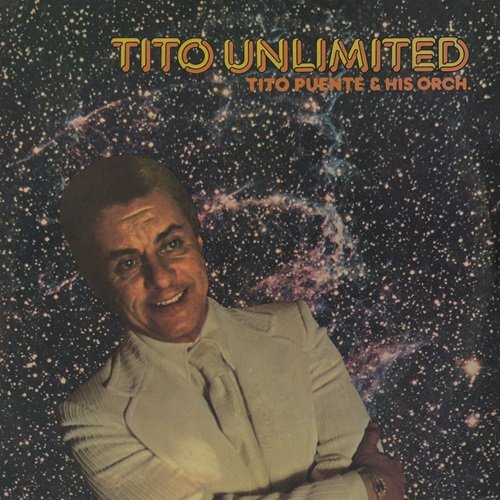
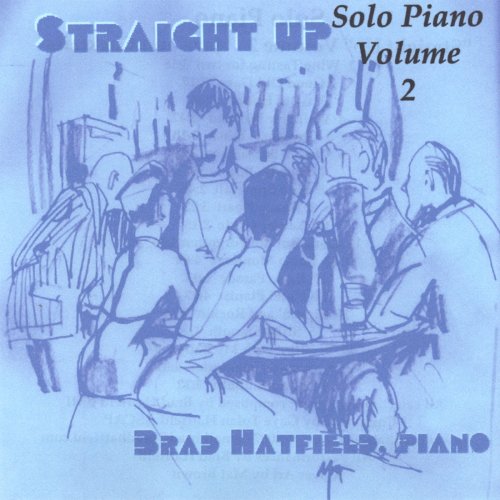


![PRIMITIVE ART ORCHESTRA - qualia (2015) [Hi-Res] PRIMITIVE ART ORCHESTRA - qualia (2015) [Hi-Res]](https://img.israbox.com/img/2016-12/08/75y5q39jybsbmfxhtmvg7vkob.jpg)
![Fay Claassen - SOULPRINT (2025) [Hi-Res] Fay Claassen - SOULPRINT (2025) [Hi-Res]](https://www.dibpic.com/uploads/posts/2025-11/1763112230_ksgdvtsbkjm7a_600.jpg)
![Bjørn Klakegg - Old Folks (2025) [Hi-Res] Bjørn Klakegg - Old Folks (2025) [Hi-Res]](https://www.dibpic.com/uploads/posts/2025-11/1763087825_itq67nsl1vdrc_600.jpg)
